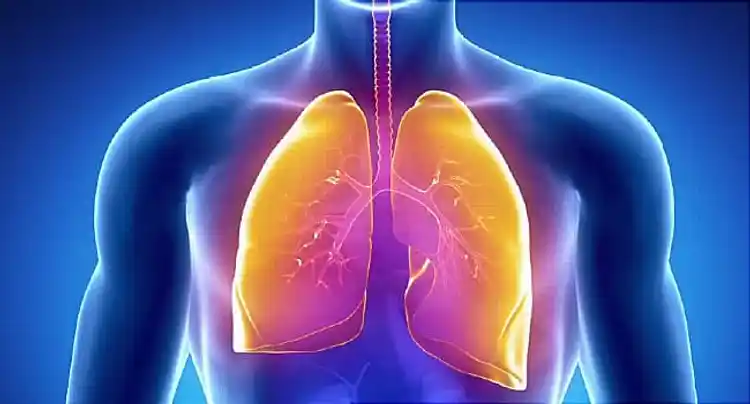How Immunotherapy for Lung Cancer Works

Hide Video Transcript
Video Transcript
[MUSIC PLAYING]
Immunotherapy treatments are capable of shrinking the size of the tumor, and keeping them strong for sustained lengths of time. The typical side effects we see from immunotherapy are what we refer to as autoimmune side effects. As the immune system affects certain organs like the colon or the lungs-- that can result in more symptoms like diarrhea, breathing difficulty. And those require a little more aggressive interventions in the form of trying to reverse the activated immune system.
Once a decision is made to give immunotherapy, the conversations often revolve around how often do we give the treatment? How often do we have the patients go for scans to understand how their immunotherapy is working? And what sort of side effects the patient should be aware of so they can report to their physicians in case they experience any of them. So we have now, a new tool in our armamentarium in the fight against lung cancer.
SURESH RAMALINGAM
Immunotherapy is not appropriate for every patient with lung cancer. As the decision to give immunotherapy is made in conversation with the patient and the physician, some of the things that physicians consider are is the patient at risk for autoimmune diseases? These are situations where you would not give immunotherapy because their underlying condition could get worse. Patients who had received organ transplantation are also not candidates. Immunotherapy treatments are capable of shrinking the size of the tumor, and keeping them strong for sustained lengths of time. The typical side effects we see from immunotherapy are what we refer to as autoimmune side effects. As the immune system affects certain organs like the colon or the lungs-- that can result in more symptoms like diarrhea, breathing difficulty. And those require a little more aggressive interventions in the form of trying to reverse the activated immune system.
Once a decision is made to give immunotherapy, the conversations often revolve around how often do we give the treatment? How often do we have the patients go for scans to understand how their immunotherapy is working? And what sort of side effects the patient should be aware of so they can report to their physicians in case they experience any of them. So we have now, a new tool in our armamentarium in the fight against lung cancer.
